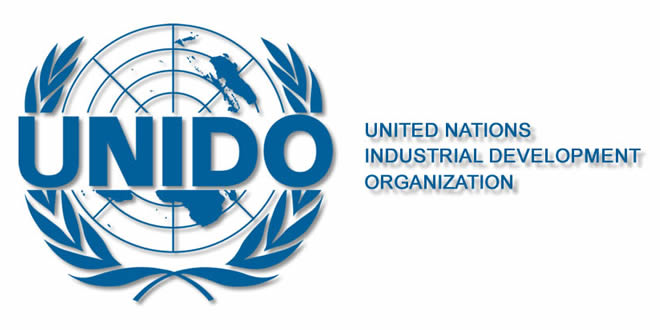An awareness session titled “Business Development Grants under UNIDO’s PAIDAR Programme” was held at the Hyderabad Chamber of Small Traders and Small Industry (HCSTSI), where speakers highlighted the availability of grants ranging from €11,000 to €200,000 (approximately Rs3 million to Rs60 million). These grants, backed by the European Union (EU), aim to support entrepreneurs in establishing or expanding businesses in Sindh’s districts, including Sujawal, Thatta, Badin, Tharparkar, and Larkana.
UNIDO National Programme Officer Baddarul Islam elaborated on the objectives of the PAIDAR programme, emphasizing its focus on alleviating poverty and fostering the growth of small and medium-sized enterprises (SMEs) in rural Sindh. While the programme primarily targets Sindh, entrepreneurs from across Pakistan can also apply if they commit to business operations in the designated districts.
Grant Specialist Babar Aziz explained that the grants operate on a cost-sharing basis, with male entrepreneurs required to contribute 50% of the project costs, while female entrepreneurs benefit from a favourable 30-70 cost-sharing arrangement.
Entrepreneurs interested in the programme can apply via UNIDO’s official website under the “Get Involved in Procurement” section. Detailed eligibility criteria, expenses covered, and evaluation stages are outlined to assist applicants.
HCSTSI Senior Vice President Ahmed Idrees Chohan commended the initiative, describing it as a significant step towards empowering small enterprises with financial support and advanced technologies. He encouraged HCSTSI members to capitalise on this opportunity to align with global business standards and expand their ventures.
The grant amounts range from €11,000 to €200,000 (Rs3 million to Rs60 million) that will be disbursed 50-50 for male entrepreneurs, and 30-70 for female entrepreneurs.
The grants are open to entrepreneurs across Pakistan establishing businesses in these districts.
The PAIDAR programme, supported by EU funding, is poised to transform rural Sindh by boosting small businesses, reducing poverty, and creating sustainable economic opportunities. The session reinforced the importance of leveraging these grants for a lasting impact on the region’s socio-economic landscape.




